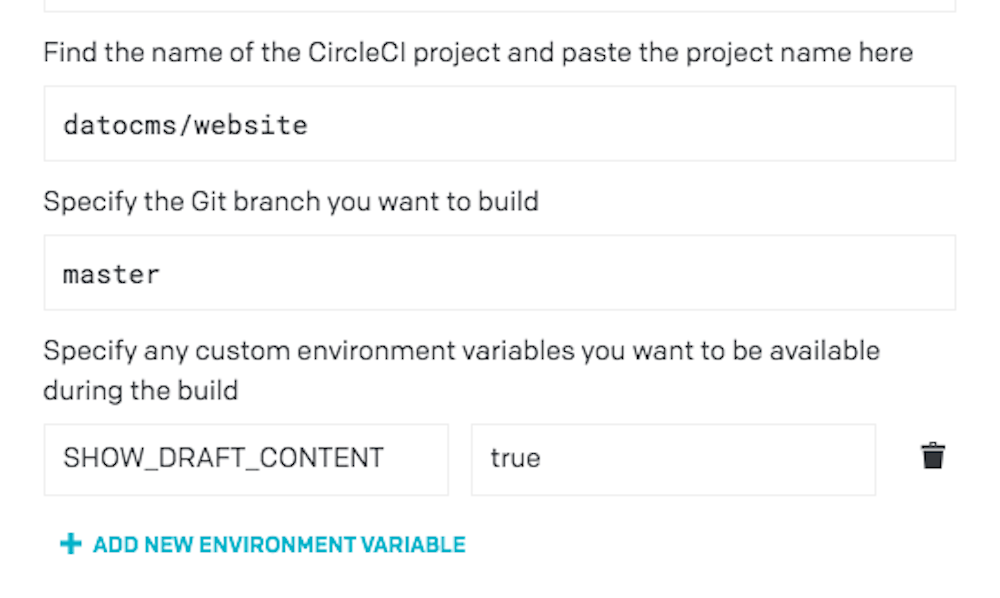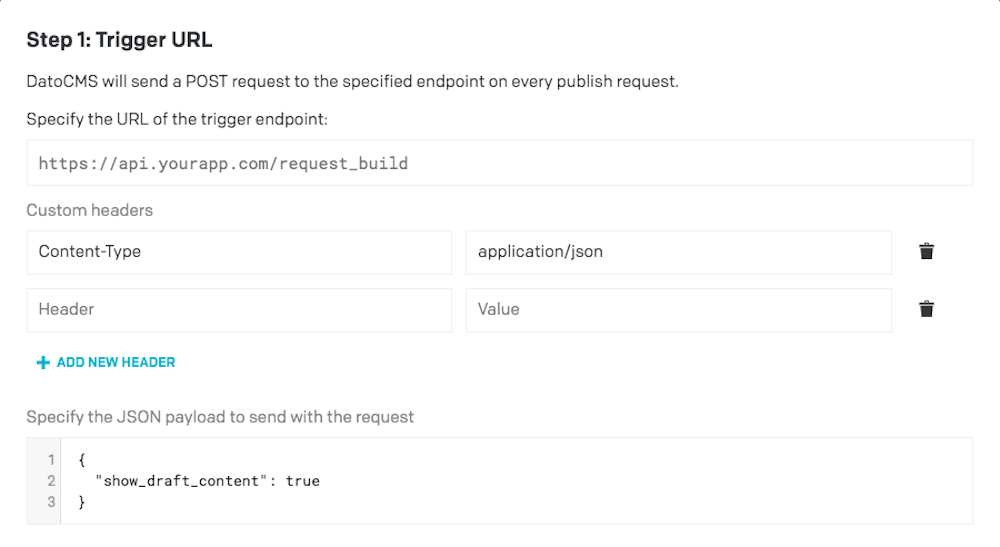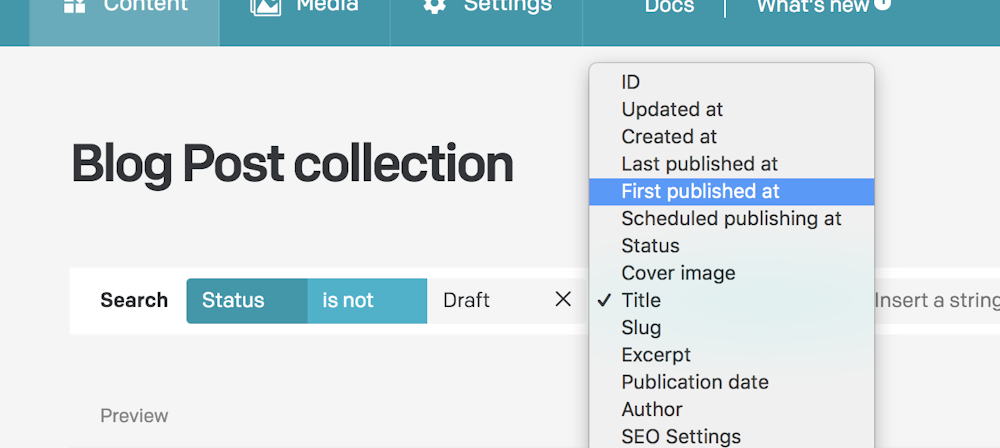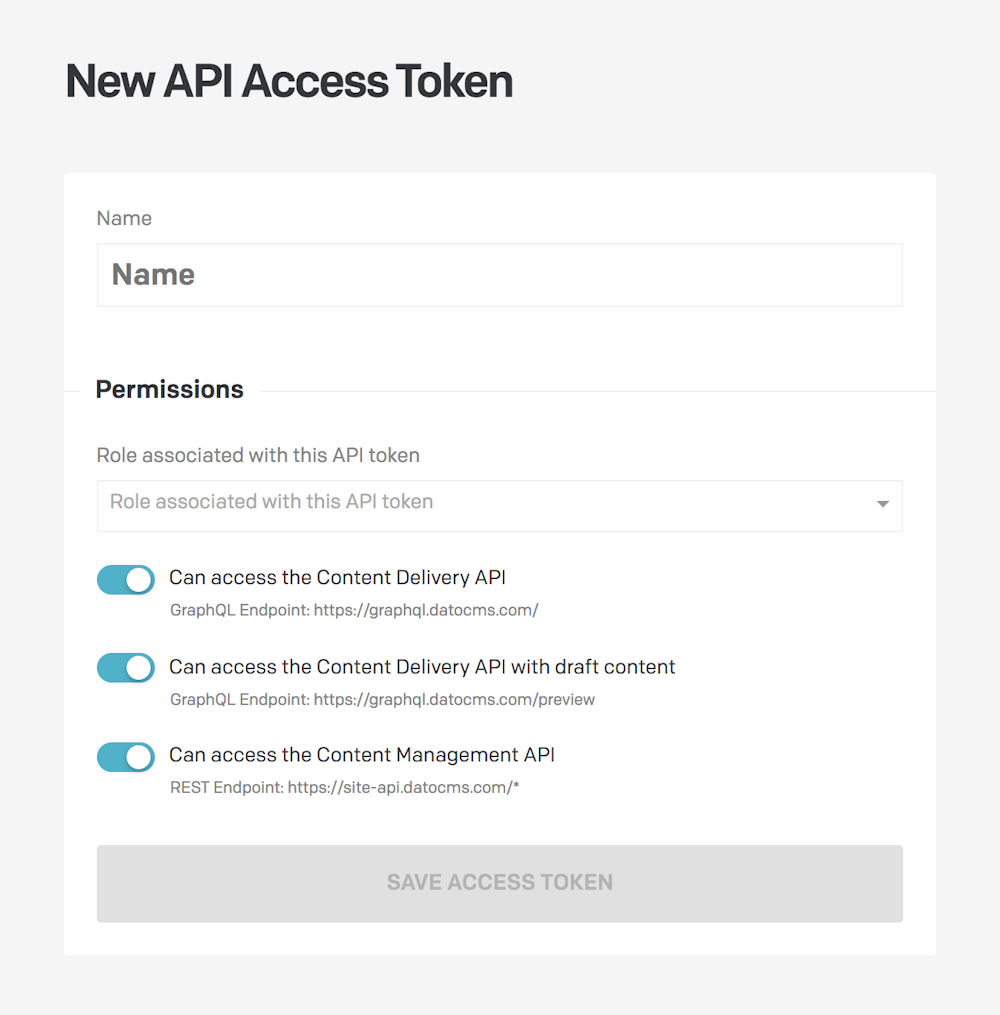Introduced limit to GraphQL query complexity
To give a more predictable and consistent timing in our GraphQL responses we had to introduce a limit in the query complexity.
To each field required we attach a weight of 1. To fields that need additional queries under the hood, like links, rich_text fields and uploads we attach a weigth of 10.
We have currently limited the complexity to 550, which should be enough for most cases, but if you have any specific concern support@datocms.com is happy to help.




